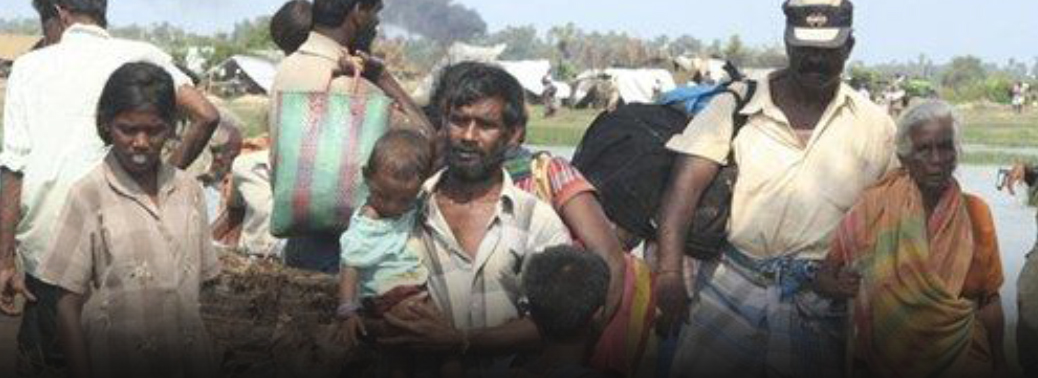TEN YEARS ON: ON END OF SRI LANKA CIVIL WAR
20, May 2019

Prelims level : International
Mains level : Governance, Constitution, Polity, Social Justice and International Relations
Why in news
- Sri Lanka completes 10 years since the brutal and decisive war against Tamil militants
Details:
- It must be acknowledged that the country has not achieved much tangible progress towards ethnic reconciliation, accountability for war-time excesses and constitutional reform that includes a political solution The pervasive grievances of the Tamil minority remain.
- Some progress has been made in resettlement and rehabilitation, but complaints abound. Preliminary steps were taken towards forging a new Constitution, but the process seems to be at a standstill.
- The creation of an ‘Office on Missing Persons’ has not inspired enough confidence.
- There is no mechanism to secure justice for those massacred in the closing stages of the war.
- The year 2015 brought to power a new regime, a fresh promise of democratic governance, and the infusion of a spirit of political and constitutional reform
The Easter Sunday bombings
- However, a month ago everything changed. The Easter Sunday bombings have taken the country back to the time when terrorism was the dominant theme.
- There is no real ‘underlying cause’ to address; no group or organisation to talk to; and no
- tangible political grievances to redress.
- The serial blasts, executed by fanatical elements apparently inspired by the Islamic State, may be a flashpoint for a fresh round of inter-ethnic and inter-religious tension.
- Anti-terrorism laws and emergency regulations are back in full measure
- The biggest adverse fallout is that a new dimension has been given to inter-ethnic suspicions that may deepen distrust among communities.
- When tensions persist among communities, nothing can make up for the absence of reconciliation and trust among all sections. Never has Sri Lanka needed a shared sense of nationhood among all its peoples more than it does now.
From recent evidences, South Asia, a fertile ground for ISIS:
- It’s evident from its actions that the ISIS leadership has seen South Asia as a fertile ground for the organisation.
- The history of jihadist insurgency, high Muslim population and growing tensions between communities may all have prompted the group to focus on the region in its quest for expansion. Despite large-scale military setbacks at the core, ISIS still remains a global terrorist force.
- In Afghanistan, ISIS members and sympathisers have already set up a Wilayat called the Islamic State of Iraq and the Levant Khorasan Province in the eastern Nangarhar province. The group has carried out several suicide attacks, mainly targeting Shias in the already troubled country. It’s from Khorasan that ISIS is handling its South Asia operations, including in India, Pakistan and Bangladesh.
- ISIS hasn’t carried out any major terror attack in India, nor does the group have any
- organisational presence in the country. But it has lured dozens of Indians into its fold.






